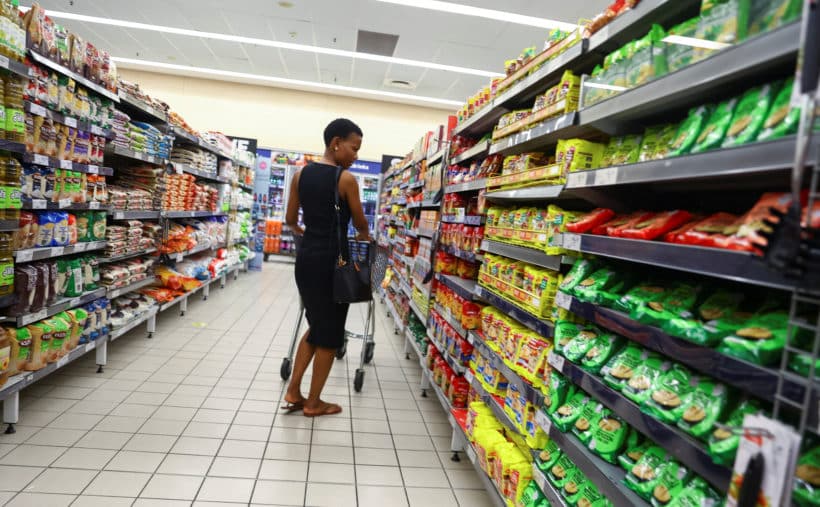
Nov 21 (Reuters) – South Africa’s business confidence slipped in the fourth quarter, mainly due to weak local demand for vehicles as consumer incomes remained under pressure in the face of high borrowing costs, data showed on Tuesday.
A survey by the Rand Merchant Bank (RMB) and compiled by the Bureau for Economic Research showed the business confidence index fell to 31 points in the fourth quarter, from 33 points in the previous three months.
Confidence among new vehicle dealers, who have been reporting very high inventory levels, dropped 24 points – the lowest level since the second quarter of 2020, when South Africa imposed its strictest COVID-19 lockdown.
Rising borrowing costs in Africa’s third-largest economy has curtailed consumer spending, while businesses are struggling to pass on higher input costs to buyers.
Respondents on the survey also pointed to logistical challenges, ranging from delays at the harbours to dealing with potholes and a struggle to receive timely payments for delivered goods.
The bright spot, however, was a 15-point jump in confidence among respondents in the retail sector, which has struggled with high operating costs due to power cuts.
While the cost pressures have slightly eased, non-durable retailers reported a steep decline in volumes due to price increases of late, according to the survey.
“Structural supply constraints around infrastructure and electricity remain a key challenge to operating in the South African business environment. However, the decline in the RMB/BER Business Confidence Index also reflects underlying demand weakness,” said Isaah Mhlanga, chief economist and head of research at RMB.
(Reporting by Eva Mathews in Bengaluru; Editing by Dhanya Ann Thoppil)

